Among other things, climate change is making a difference in our pockets these days by adding to our heating costs, meaning that insulating your log cabin is probably going to be mandatory. There are quite a few options when it comes to insulation; so which should you choose? If your house is not going to be insulated by a professional, you should probably go for insulation rolls rather than the bulk ones. Choosing the material which it is made from is also a factor you will need to consider. Types include synthetic, mineral, or plant-based insulation.
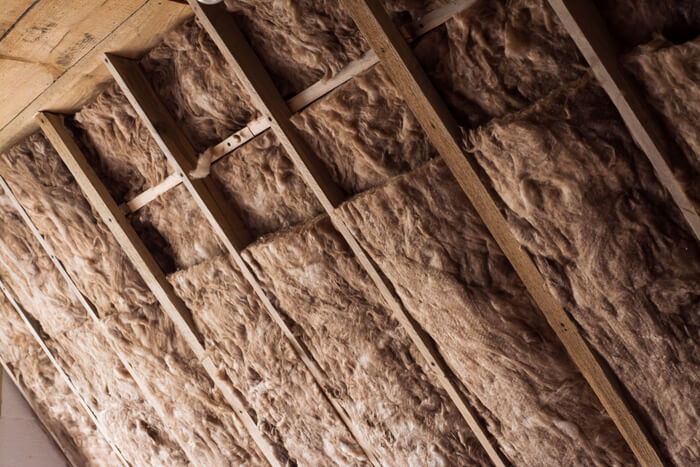
All types of insulation have two main problems: thermal bridges and water permeability. Thermal bridges are usually gaps in the insulation, such as the places where sheets of insulation connect. These small gaps are points where heat might escape. The best way to avoid thermal bridges is to insulate the building externally, which is popular in Germany and Scandinavia, however insulating in such a way drastically changes the appearance of the log cabin, with this often being undesirable. Nevertheless, if you want your home to be well-ventilated and thus avoid mold and rot, you might want to consider internal insulation and a plant-based type of insulation and then plaster-boarding it on top.
Whichever path you decide to choose, every type of insulation has its pros and cons. Insulating your cabin is essential if ar log cabin is to be used all-year-round, we do, however, highly recommend hiring professionals to help you insulate the cabin.

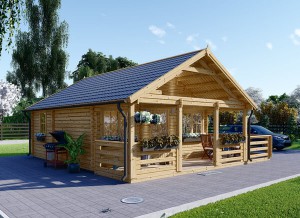
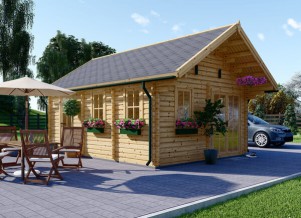
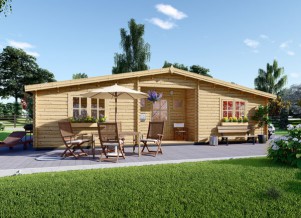
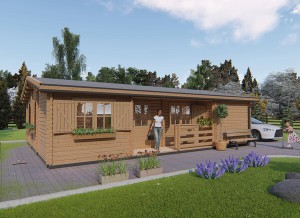
That's cool that there are plant-based insulations. I could see how that would be a good way to get some eco-friendly insulation. I'll have to ask about that if I decide to replace my old insulation.